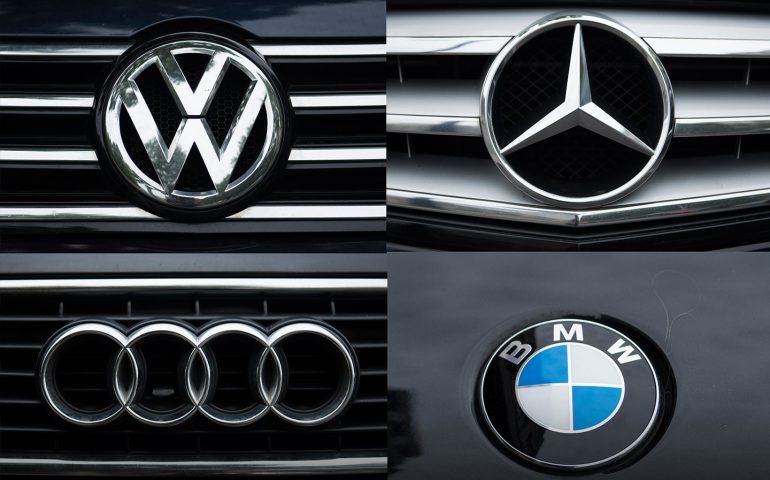The global automotive market is struggling, and according to a study, German car manufacturers have continued to face challenges in the first half of the year. Particularly, their earnings have declined: Volkswagen, BMW, and Mercedes-Benz reported an operational profit (EBIT) of €25.9 billion from January to June, which is 18 percent less than the previous year. This data comes from an analysis by EY, which examined the financial figures of the 16 largest global car manufacturers.

While revenues for all manufacturers increased by 3.7 percent to over €1 trillion in the first half of the year, the EBIT was 7.8 percent lower than a year ago, totaling €80.4 billion. Japanese car manufacturers showed significant growth, with a profit increase of around 37.1 percent and a 14.2 percent revenue rise, thanks to the continued depreciation of the yen, which makes Japanese products cheaper abroad and results in exchange rate gains.
Potential for further profit declines
EY market observer Constantin Gall noted that the profit growth among Japanese manufacturers, driven by currency effects, masks the much worse profit situation for the auto industry. Most other manufacturers are facing substantial losses. “Given high investments in electric mobility, supply issues with components, problematic model changes, and discounting, profits are likely to come under even more pressure,” Gall stated.
Gall predicts widespread cost-cutting measures. Manufacturers have limited influence over regulatory conditions, making it crucial for them to optimize internal structures, cut costs, and invest strategically to enhance their brand core and performance promises.
Kia leads in profitability
Profitability for manufacturers was under pressure in the first half of the year. The average EBIT margin, which measures operational profit relative to revenue, fell by one percentage point to 8.0 percent. Kia was the most profitable car manufacturer with a margin of 13.1 percent, leading ahead of Mercedes (10.9 percent) and BMW (10.8 percent), both of which saw a decline compared to the previous year. Even Tesla, known for electric vehicles, experienced a significant drop in its margin from 10.5 percent to 5.9 percent.
The end of the automotive boom
Gall concludes that “the party in the auto industry is over.” The negative trend in sales has accelerated recently, with a 0.6 percent decrease in the first quarter and a 3.3 percent drop from April to June.
A quick improvement is not in sight. The economic slowdown and low consumer willingness to buy, coupled with the uncertain future of internal combustion engines and internal issues such as costly software failures, pose further challenges. According to Gall, manufacturers are now facing tough investment decisions: “Should they continue to invest heavily in the development of new electric vehicles or focus on internal combustion models, which are currently in higher demand?”









